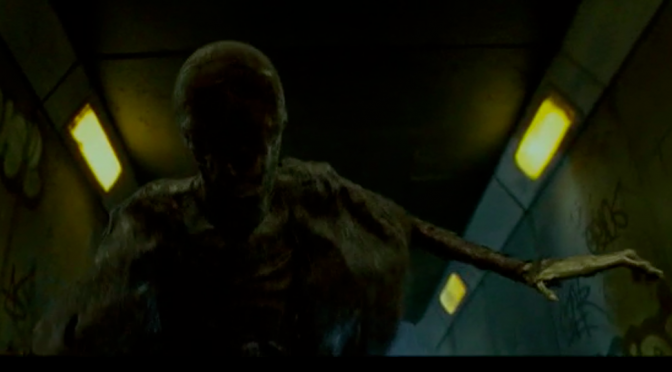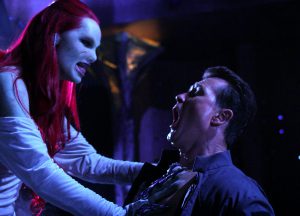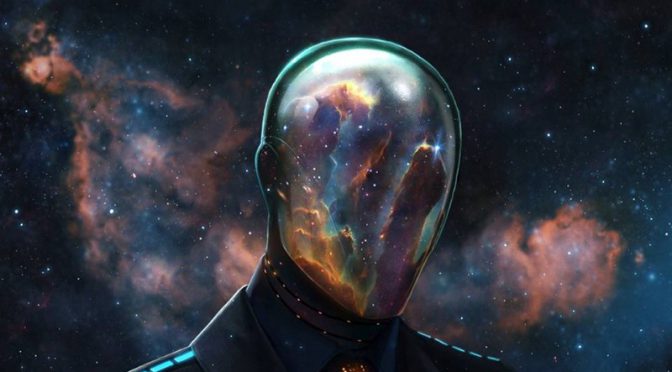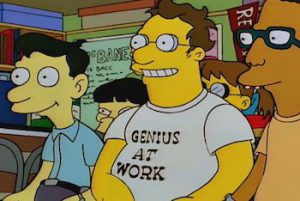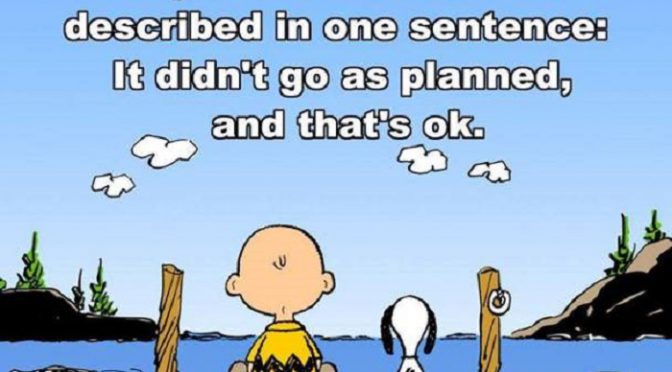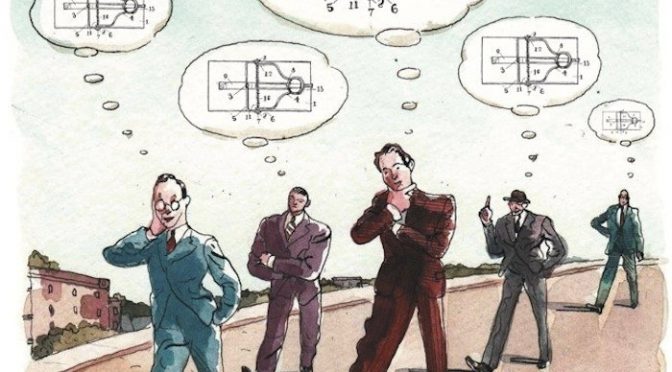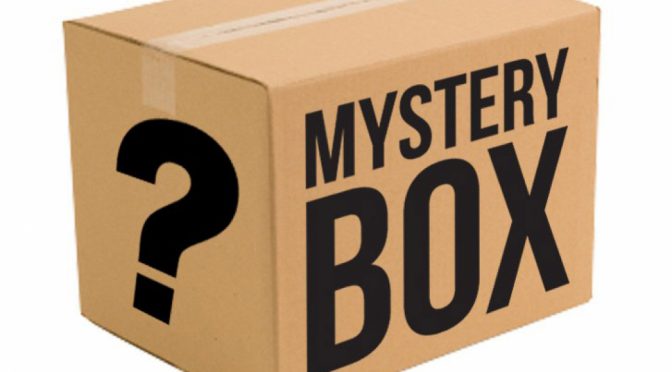As of this writing, it’s early November and the “National Novel Writing Month” has begun again – and if you’re reading this after that’s over, you know how well you did. It’s a time that many people take the opportunity to try their hands as authors – either as a hobby, as their first real attempt, or just an excuse to get back on the saddle again. And, I know from experience it’s also a time when a lot of people decide to try their hand at being a professional too – even if they don’t broadcast that publicly. Hell, I started my first novel in a November (and didn’t finish it for some time later).
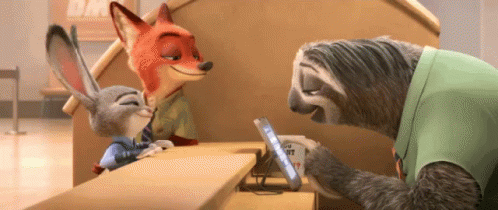
It’s an exciting time for some but kind of dreadful for others and generally for similar reasons. There’s an anticipation for the end result that can be both exciting and scary for newcomers and seasoned writers alike. Because, regardless of which side of that spectrum you happen to fall on, the end result will be the time when you can finally put it in front of people and see how they like it. It’s like our own little roller coaster as we experience excitement, fear, and sometimes a little nausea all at once. But, because no one is perfect and tastes aren’t universal, you’re going to run into criticisms.
And that part is going to hurt a little.
It’s unavoidable, but part of the process, and how you deal with it is usually more important than the criticism itself. Someone who can take criticism well and adapt to it will prove to have a long career if they want it. In a field where almost everything you do is up for public debate, you need to be able to hear it out and not let what’s being said consume you. But one of the problems that I often see with creative types, sometimes even within myself, is a tendency to take one of our easy outs – a view that the criticism is something that’s beyond our ability to fix, and thus something we can’t do anything about. It makes things a lot easier if it feels like it’s out of our hands, like a weight has been lifted from our shoulders and we don’t have to worry about it anymore.
But there’s a problem: every easy out we take is a lesson we’ve refused to learn. Continue reading The Easy Outs






